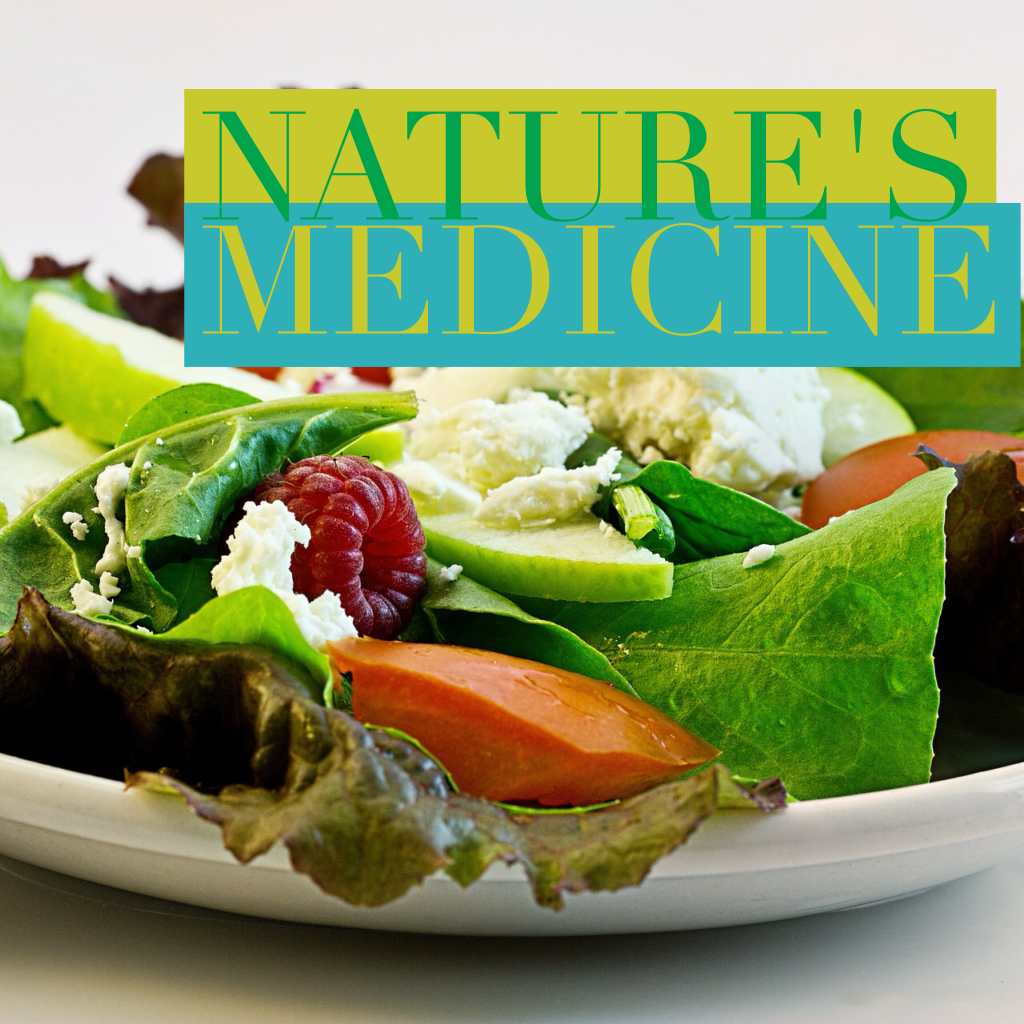Research has shown that certain foods can trigger the inflammatory process and others help to reduce it, giving us the power to improve our general health and reduce pain without taking pills. Following the anti-inflammatory diet would benefit everyone, but especially those suffering with inflammatory arthritis (such as rheumatoid arthritis).
Foods to eat plenty of:
Oily fish – omega 3 fatty acids reduce C reactive protein (CRP) and are especially great for rheumatoid arthritis. Flaxseed, tofu and edamame also contains omega 3 fatty acids.
Nuts and seeds
Olive oil packed with noleocanthal which has similar properties to non-steroidal anti-inflammatories (i.e. ibuprofen)
Cherries (especially good for gout)
Broccoli contains sulforaphane and has been shown to help slow osteoarthritis down.
Green tea is packed with polyphenols, antioxidants believed to reduce inflammation and slow cartilage destruction. Studies also show that another antioxidant in green tea called epigallocatechin-3-gallate (EGCG) blocks the production of molecules that cause joint damage in people with rheumatoid arthritis Matcha (powdered green tea) has even higher levels of these and can be found in health food shops.
Whole grains lower levels of C-reactive protein (CRP) in the blood. CRP is a marker of inflammation associated with heart disease, diabetes and rheumatoid arthritis. Foods like oatmeal, brown rice and whole-grain cereals are excellent sources of whole grains.
Studies have also shown that people who regularly ate foods from the allium family – such as garlic, onions and leeks – showed fewer signs of early osteoarthritis. Researchers believe the compound diallyl disulphine found in garlic may limit cartilage-damaging enzymes in human cells.
Foods which have been shown to trigger inflammation (and therefore avoid):
Sugar (natural sugars in fruit are not so bad).
Aspartame (the ‘diet’ option is often no better I’m afraid)
Saturated fats (in red meat and cheese).
Trans fats (in most processed foods and margarine).
Omega 6 fatty acids (ok in small amounts): corn, safflower, sunflower, grapeseed, soy, peanut, and vegetable; mayonnaise; and many salad dressings.
Refined carbs (white bread, crackers, white rice, cereals etc).
MSG.
Gluten
Alcohol (sorry!)
Lets face it, most of the foods to avoid we already know are bad for us. Now we have further incentive to stay away from them. I think the biggest piece of advice here is to prepare your own food with plenty of fresh ingredients and avoid processed foods at all costs!

